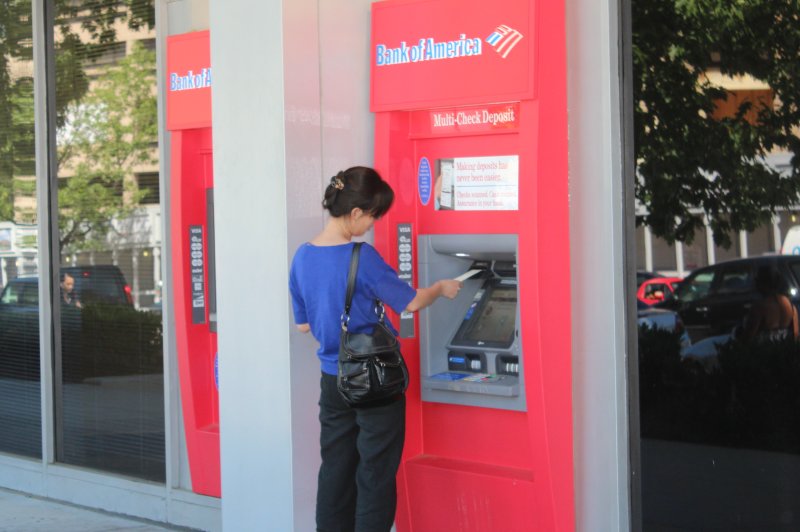WASHINGTON, June 23 (UPI) -- Americans are still struggling to deal with the financial implications of the recession with only one in three saying that they have emergency savings.
According to a survey released by Bankrate.com, of those who say they have savings, 67 percent said that they had less than six months worth of living costs, including rent, mortgage payments, utility bills and food costs, while those with at least three months worth of expenses dropped from 45 percent to 40 percent. Bankrate considers six months of expenses as the recommended amount for emergency savings.










